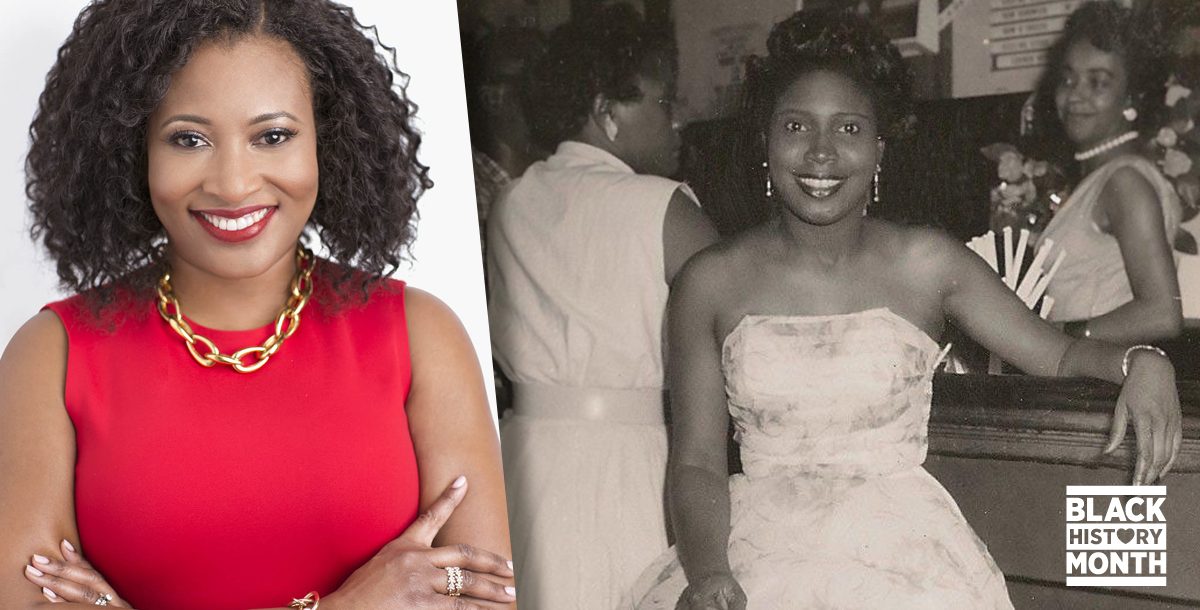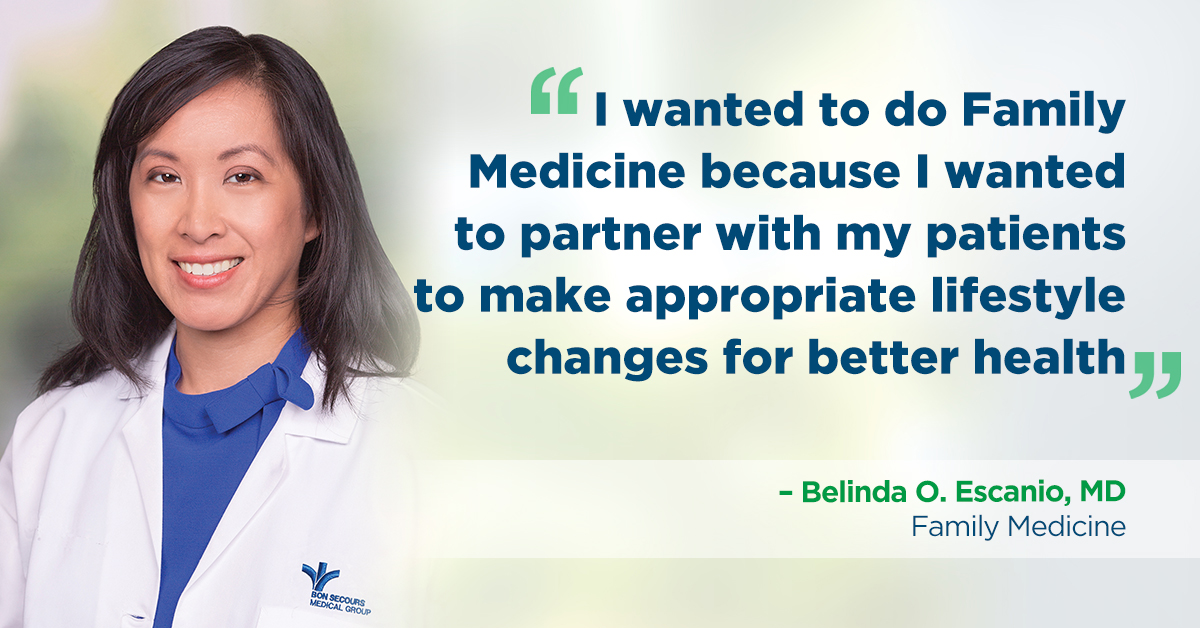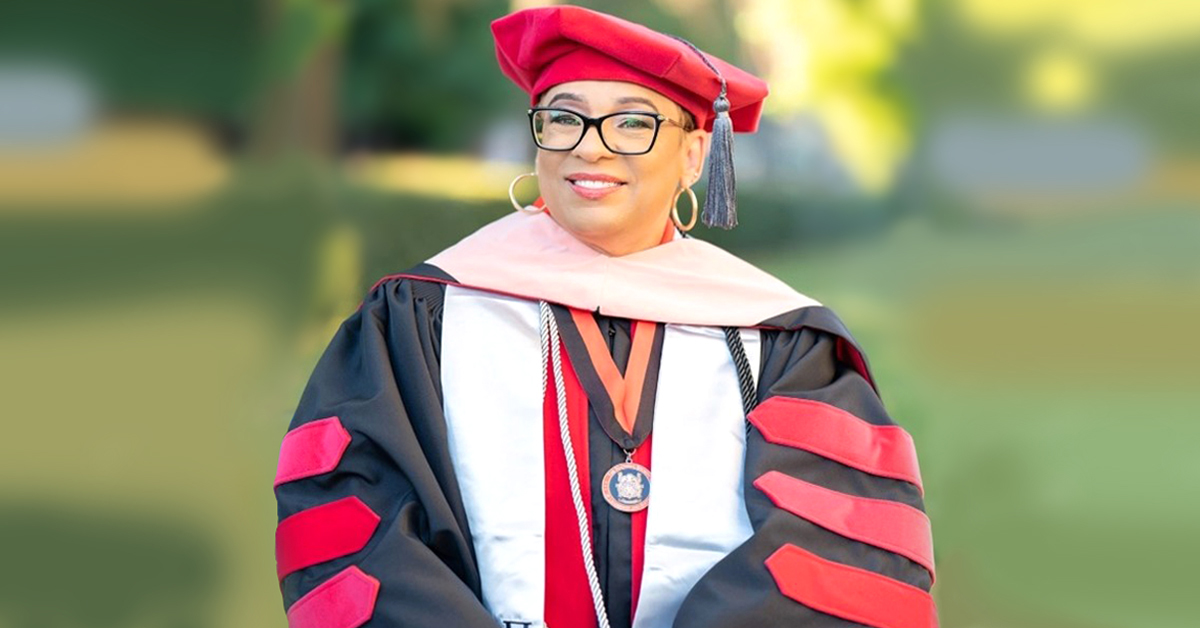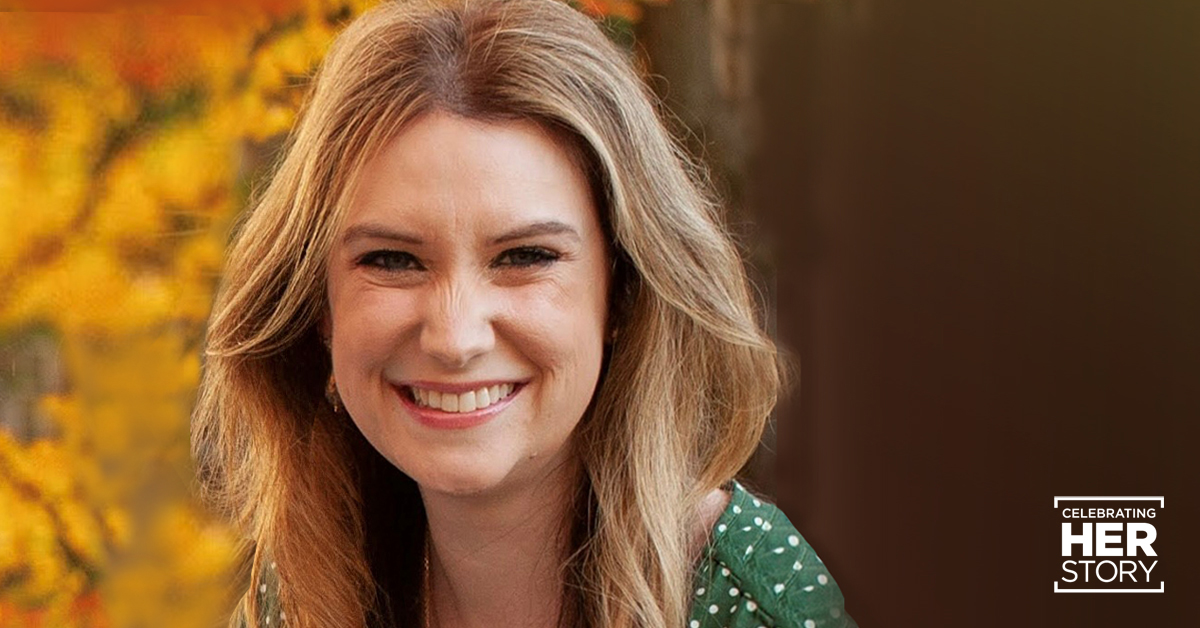Meet Aisha DeBerry, MBA, PHR, SHRM-CP, FASPR, director of physician and provider recruitment for our Cincinnati, Virginia and Kentucky markets. In this personal reflection, she shares her firsthand thoughts on Black History Month as well as her life journey thus far.
What does Black History Month mean to you?
It’s a time to celebrate the accomplishments of Black Americans past and present, and it’s an opportunity to learn and recognize the impact of Black heritage and culture.
Black History Month should be a starting point to have conversations about diversity, equity and inclusion. We are celebrating the achievements of Black Americans throughout history and even today. Let this be a time in which we reflect on how we can influence our own organization’s diversity, equity and inclusion strategies.
It is also a personal time for reflection of the sacrifices of my ancestors and those who came before me. I recognize that I’m who I am because of them!
Who has been the most influential to you and how have they impacted your life?
My grandmother (pictured above, right), for sure. She taught me the importance of charity and giving back, as she was the founder of a soup kitchen in New York City. She was also the chair of many fundraisers for causes such as medical research and scholarships.
My grandmother felt that education was the key to a better life, and she made it a point to always dress well. She taught me to dress for the job you want, not for the job you have, and felt that people treated you better when you dressed well.
She was a phenomenal woman. She survived tuberculosis in Harlem when many of her friends died from the disease. She was the classiest woman that I knew. Although she had many health issues, she never let that stop her. In fact, my interest in health care is the result of her having heart disease. I observed how the medical team took care of her as she became the 170th recipient of a heart transplant at the University of Utah hospital. I was so inspired that I relocated there to help care for her and complete my bachelor’s degree.
What is one piece of advice you have for a Black professional?
Never compromise your dignity. We often sacrifice that to progress, and we tolerate things that we shouldn’t tolerate for advancement or to stay in a position. It’s not just our responsibility to fit in. It’s others’ responsibilities to get to know us.
What obstacles have you faced during your career?
I would say not having a seat at the table or not being respected as the subject matter expert in my field.
How do the values of diversity and inclusion impact the way you approach your job?
I approach diversity and inclusion in my role by being intentional about hiring diverse talent in my department.
What do you see as the biggest health issue in the Black community and how could that be improved?
I’m extremely passionate about addressing health disparities in BIPOC communities. I understand that I can personally help by recruiting diverse physicians.
According to the “Harvard Business Review,” Black Americans make up 13 percent of the U.S. population, but only 4 percent of U.S. doctors and less than 7 percent of U.S. medical students. Research has found that physicians of color are more likely to treat minority patients and practice in underserved communities. Studies also show that sharing a racial or cultural background with one’s doctor helps promote communication and trust.
Visit the Bon Secours website to learn more about our ministry.





